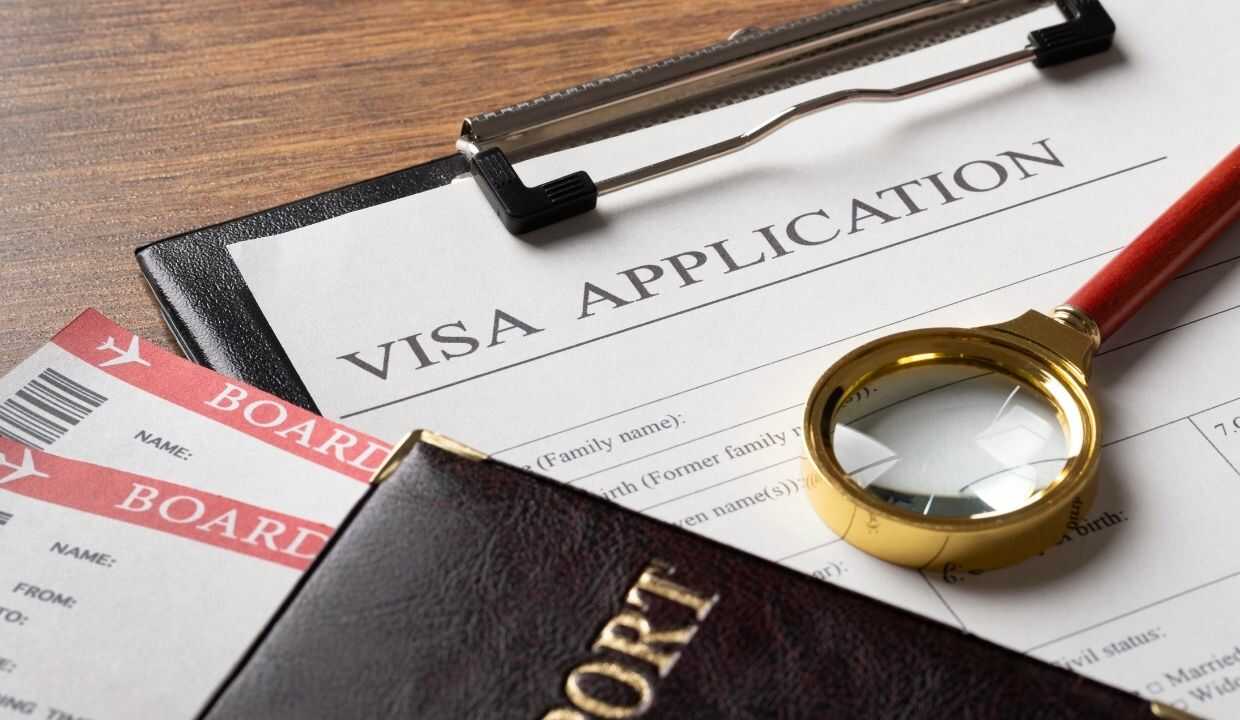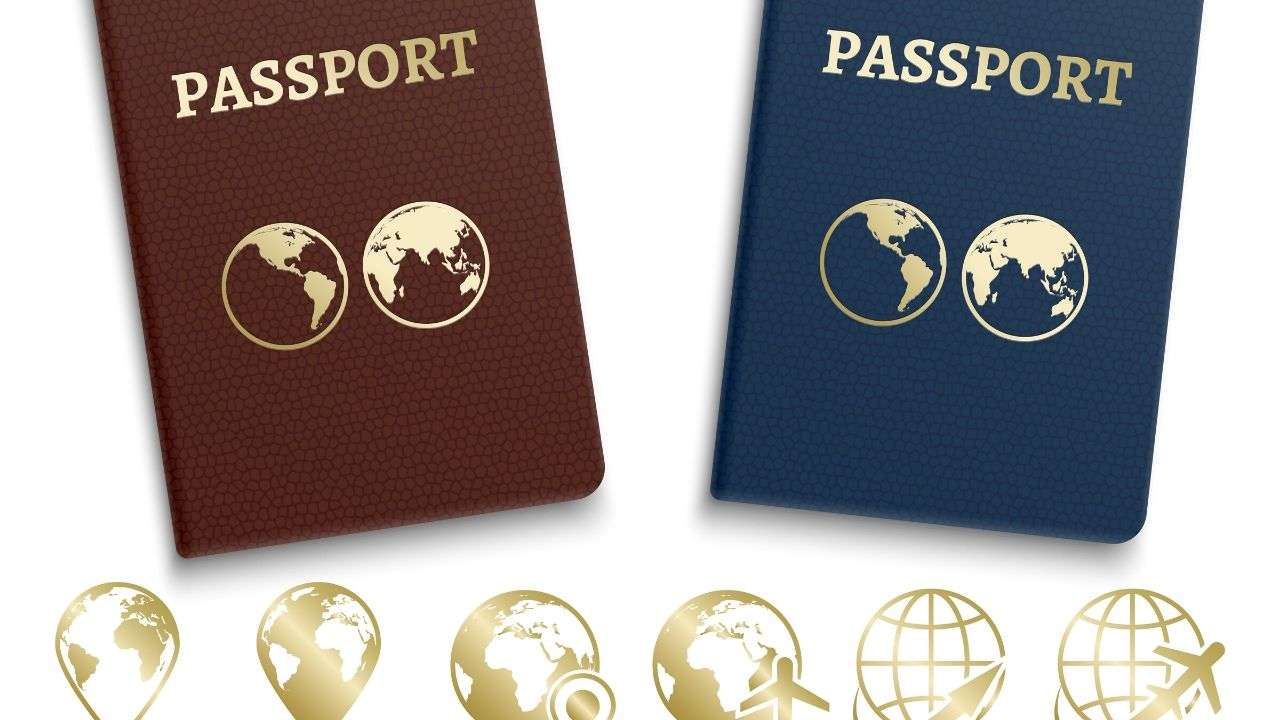Visas in Vietnam: How To Enter Vietnam Legally with Appropriate Visas?


Visa Lawyers in Vietnam1
Foreign visitors need visas in Vietnam to for purposes to visit friends, family members, travel, or work. As Vietnam has become more attractive for economic investment and tourism destinations, more and more have been seeking to enter Vietnam for work purpose, and leisure purpose.
It is important that travelers have suitable visas and entrance cards, and follow the laws. Failing to follow the law on immigration would result in blacklist, deportation creating unnecessary hassles, especially for business men seeking investment in Vietnam.


Understanding Visas in Vietnam: A Guide for Foreigners
Visas play a crucial role for foreigners entering Vietnam, and understanding the intricacies of the visa system is vital. Enacted under the Law on Entry, Exit, Transit, and Residence of Foreigners in Vietnam, visas are documents issued by the authorized agency of Vietnam, granting permission for foreigners to enter the country.
1. Types, Forms, and Validity:
Visas in Vietnam come in various forms – issued on passports, as separate documents, or electronically (referred to as electronic visas). Each visa is typically issued individually, except in specific cases such as for children under 14 sharing a passport with a parent or guardian. Additionally, visas can be either single-entry or multiple-entry.
Conversion of visas in Vietnam for different purposes is generally not allowed, except in specific situations. For instance, investors or representatives of foreign organizations investing in Vietnam, individuals with family relationships to hosts, those sponsored by organizations with work permits, or those entering with electronic visas and work permits, may be eligible for a change in the purpose of their visa.
2. Validity Periods:
The Law on Entry, Exit, Transit, and Residence of Foreigners in Vietnam outlines the validity periods for different types of visas in Vietnam:
– SQ, EV visas are valid for up to 30 days.
– HN, DL visas are valid for a maximum of 03 months.
– VR visas are valid for a maximum of 06 months.
– NG1, NG2, NG3, NG4, LV1, LV2, ĐT4, DN1, DN2, NN1, NN2, NN3, DH, PV1, PV2, and TT visas are valid for up to 12 months.
– LĐ1, LĐ2 visas are valid for a maximum of 02 years.
– ĐT3 visas are valid for up to 03 years.
– LS, ĐT1, ĐT2 visas are valid for a maximum of 05 years.
These visa types might be confusing. There are explanation on Vietnam visa types and category to apply.
Expired visas in Vietnam may be subject to review for the issuance of a new visa. Notably, the validity period of a visa is shorter than the passport or travel document, which must be valid for at least 30 days internationally.
3. Conditions for Visa Issuance:
The conditions for obtaining visas in Vietnam include having a valid passport or international travel document, an invitation, sponsorship, or guarantee from an organization or individual in Vietnam, and not falling under the prohibited entry cases.
Additional documentation is required for specific cases, such as proof of investment, legal practice, work permits, or acceptance letters from educational institutions.
Electronic visas in Vietnam may be issued to foreigners in certain cases, simplifying the application process.
4. Visa Exemptions:
Certain cases are exempt from visa requirements, as specified in the Law on Entry, Exit, Transit, and Residence of Foreigners in Vietnam. Exemptions may apply based on international treaties, the use of residence cards, entry into economic zones, or decisions made by the Government.
Vietnam also unilaterally exempts specific cases, including Vietnamese settling abroad and their family members.
Law Firm Assistance to advise on visas in Vietnam
When navigating the complexities of systems of visas in Vietnam, seeking guidance from a diligent law firm in Vietnam is advisable. A knowledgeable law firm can provide tailored advice based on individual circumstances, ensuring the appropriate visa type is selected, and all necessary documentation is in order.
This includes advising on specific visa categories, eligibility criteria, and any changes in regulations that may impact the visa application process.
In conclusion, understanding the nuances of regulations of visas in Vietnam is essential for a smooth entry process, and legal expertise can be instrumental in ensuring compliance with the laws and regulations governing visa issuance.
About ANT Lawyers, a Law Firm in Vietnam
We help clients overcome cultural barriers and achieve their strategic and financial outcomes, while ensuring the best interest rate protection, risk mitigation and regulatory compliance. ANT lawyers has lawyers in Ho Chi Minh city, Hanoi, and Danang, and will help customers in doing business in Vietnam.
How ANT Lawyers Could Help Your Business?
You could learn more about ANT Lawyers Visa or contact our lawyers in Vietnam for advice via email ant@antlawyers.vn or call our office at +84 28 730 86 529
Recent Posts
5 Powerful Reasons Why Vietnam Digital Asset Sandbox Is a Bold and Hopeful Move for Innovation
Change is fast. Rules are slow. But innovation can’t wait. As digital assets grow, so…
4 Critical Steps to Effectively Terminate The Employment Contracts with Confidence and Compassion
To terminate the employment contracts can be a complex and often sensitive process, especially when…
8 Insights from a Due Diligence Attorneys in Vietnam for Successful M&A Deals
Navigating the complex landscape of mergers and acquisitions (M&A) in Vietnam can be a daunting…
What 7 Crucial Truths About Arbitration in Vietnam Every Foreign Company Must Know Today?
Let's face the fact, as business owners or directors, would you normally look at dispute…
7 Crucial Legal Challenges Fintech Law Firms in Vietnam Can Help You Overcome for Business Success
Vietnam’s fintech sector is experiencing rapid growth, catching up with the trend of digital financial…
7 Reasons to Set Up a Subsidiary in Vietnam Now: A Powerful and Timely Move Amid Global Shifts
Introduction: The World Is Changing Fast, So Should Your Strategy When the world becomes unpredictable,…





